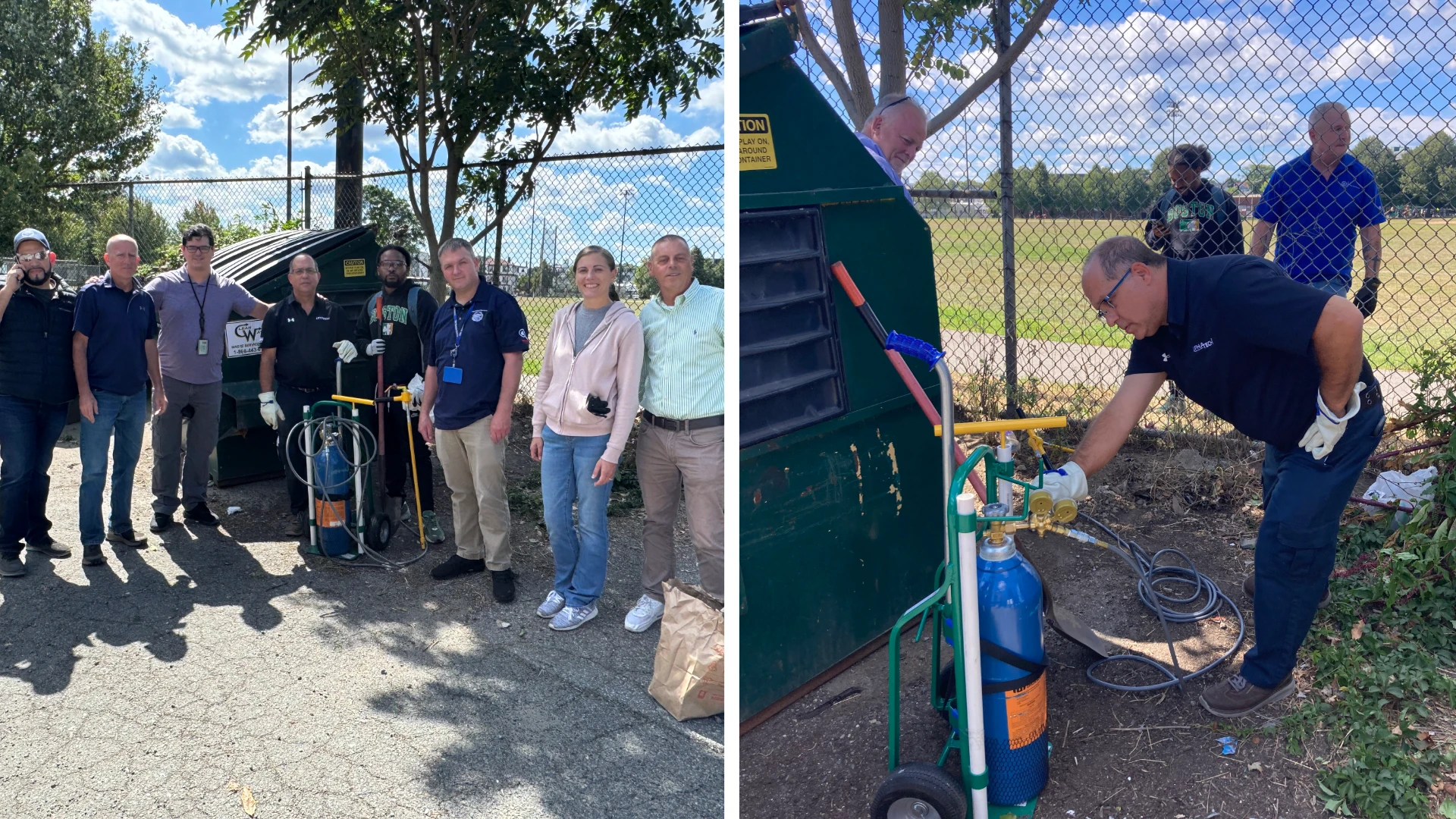
Everyone has experienced this at one time or another. What you thought was going to be a simple everyday transaction for a product or service, turned out to be an experience that earned your lifetime loyalty as a customer. Sadly, it doesn’t happen very often, which is exactly why it’s so surprising when it does happen.
I’ve created what I call “The Ten Commandments of Creating Lifetime Customers.” Customers want immediate access and lament any speed bumps between them and the conclusion of the transaction. Immediacy has become the “golden calf” of customer satisfaction. Customers continually “worship” the quickest solution with frequent patronage, but results of that “lust” for instant gratification has come at a price. The line between optimization and true innovation has been blurred as the customer experience has been “sacrificed on the altar” of speed.
Escaping this cult of self-satisfaction where likes pass for loyalty, requires you to rewrite the rules of comparison. Don’t allow the value of your product or service to be determined by an outside metric. Instead, change the game and redefine what the word value means to your customer. Here are "The Ten Commandments" of value creation and earning a customer for life.
1. Technology Reduction: In today’s world of technology immersion, the human touch matters more than ever. Each escalation of technology reduces human interaction. Each reduction of human interaction is a missed opportunity to earn a lifetime customer who judges the value you provide by metrics that you define…not just speed. When someone takes real time to provide personal enhancements to an individual experience — that's impressive. You can’t cut through the white noise with more white noise. Remember, innovative technology is usually meant to optimize our lives. Therefore, you can purchase service optimization but not service innovation. Real service innovation comes from the people within an organization, which brings us to number two.
2. Focus on front-line staff: Your service professionals who interact directly with your customers are the most important people in your organization. Not the owner or the VP; it's the frontline employee who is friendly and patient, who smiles all the time and who remembers the customers' names and business needs. That person will ultimately make or break a company. Make sure your culture emphasizes treating them with the time and attention they deserve and they will treat your customers the same way.
3. Have a real relationship with your customer: Recognize that the relationship you have with your customer should not be transactional. Of course it’s important to look for opportunities to make the transaction simpler, easier and more pleasant for the customer. But it’s also imperative that you add value to their lives in ways that are unrelated to the transaction. Look for ways to be a resource not just a provider.
4. Develop a customer-first culture: Culture is binary. You’re either in or out. It starts with a slow and methodical hiring process. The time, money and productivity lost on a hire who is inconsistent with a company’s culture is immeasurable. Take your time and hire the right people. Then focus on their development. They in turn will grow the business. Customer loyalty is built by people not in spite of them.
5. Cultivate reciprocity: We are hardwired to do more for those who do things for us. When it rains, Chick-fil-A employees wearing ponchos run to people’s cars when they pull in and hold an umbrella over them while they walk inside. And then escort them back to their cars when they have finished their meal. It's no wonder their average unit volume is three times the average of most QSR’s while only being open six days a week — reciprocity.
6. Eliminate policies: “I’m sorry, Ma’am. That’s just our policy.” These words should never be uttered in business. They reveal to customers that your culture values adherence to arbitrary rules more than customer satisfaction. You should have only one policy: do everything within your power to exceed your customers’ expectations.
7. Empower your team: If you’ve followed Commandment #2 and #4, then this one should be easy. Every team member should feel empowered to do what is right in each specific situation. “Let me ask my manager” tells your customer that you don’t trust your employees’ discretion or decision-making. And if you don’t trust the people you hire why should your customers trust that they will have a consistently great experience?
8. Celebrate: Everybody loves a winner and nobody wants to be on the losing team. Customers want to feel like the money they spend is making the world a better place. Publicly celebrate your wins, your anniversaries, your employee accomplishments (both in and out of work), your growth, your community engagement, your awards and your achievements. Did one of your employees just get her Master’s? Have a baby? Compete in a triathlon? Celebrate it. This Commandment has the added advantage of developing employee loyalty as well as customer loyalty.
9. Raise the stakes: Service innovation inherently means that you are challenging the assumptions of traditional expectations. On the flip side of this coin is the realization that doing something new is also a new opportunity to fail. Fortunately, studies have shown that customers value your effort nearly as much as the result. As such, they are incredibly forgiving of failure so long as every effort was made to succeed. So challenge your team and yourself. Raise the stakes. Go big. Consistent yet average is still unimpressive.
10. Have a mission: People are not motivated by what; people are motivated by why. If the goal is to make tons of money and eventually go public, then you have missed the point of this exercise entirely. Where you spend your money is a major part of your identity. Customers align themselves with organizations that mirror who they are, or at least who they’d like to be. Therefore, the motives that drive your organization also drive your customers’ loyalty. Without a mission, you and your customer have no ‘why’.
Embrace these Commandments. Carve them into stone and bring them down from the mountain. If when you arrive you find your team obsessed with the Golden Calf of immediacy, tell them this: In today’s world of instant gratification, do not worship speed. When speed becomes the only metric by which you judge service, then true service becomes irrelevant. Instead of conjuring new ways to complete a transaction faster, make the experience so amazing that the customer will never want it to end.
Tra Williams is a celebrated speaker, business consultant and author of the forthcoming book Feed Your Unicorn. He is a nationally recognized thought leader in small business, franchising, leadership and entrepreneurship. Williams works with people, professionals, and organizations to help them define success on their own terms and build the framework required to sustain it. For more information, please visit: www.TraWilliams.com.

Explore the Convention Extra Issue
Check out more from this issue and find your next story to read.
Latest from Pest Control Technology
- In Memoriam: Joe Cavender
- Liphatech Adds Alex Blahnik to Technical Team
- Do the Right Sting: Stinging Insect Identification, Management, and Safety
- VAGA's 8th Annual Veterans Thanksgiving Appreciation Dinner
- Clark's Blair Smith on the Response to Increased Dengue Fever Cases in Southern California
- WSDA, USDA Announce Eradication of Northern Giant Hornet from U.S.
- Ned’s Home Acquires Ultra Safe Pest Management
- Bed Bugs & Dirty Clothes





